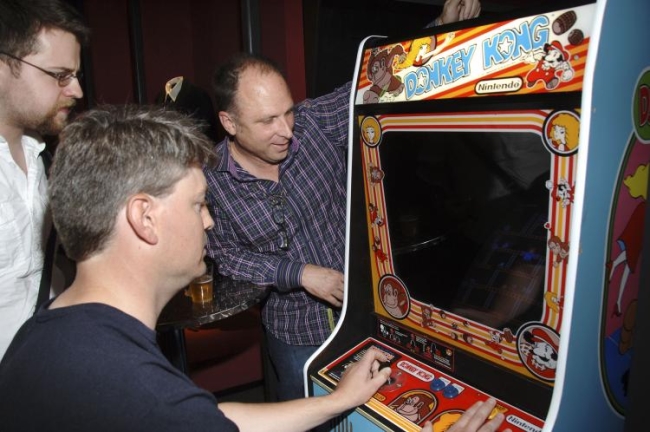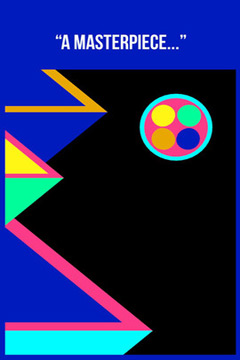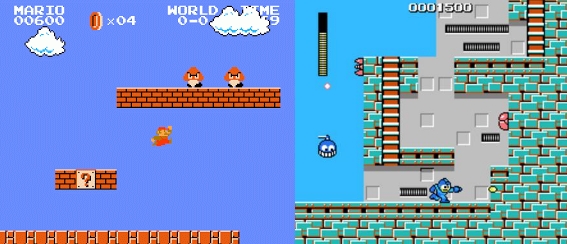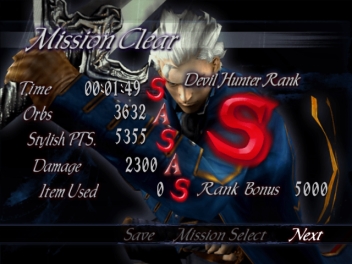Just Make My Numbers Go Up: Breaking Our Addiction to Points

The great thing about numbers is that they go up. For the most part, people love it when their own numbers start to rise: the amount of money in your bank account, the number of possessions you own, the number of reps you can do at the gym or miles you can run; even when the numbers have no inherent value themselves, like with points in a video game.
Of course, there are exceptions. Increases in age are eagerly looked forward to until the ramifications change from gaining functionality (the ability to drive, to drink, to be taken seriously as an adult) to imposing limitations on your experience (the loss of a youthful appearance, of stamina, of wide-eyed optimism).
Where age is concerned, the older one gets, the more likely one is to join the cohort of elder citizens desperate to reclaim their lost youth at all costs, whether through compensatory purchases, refusing to acknowledge their age, or cosmetic surgery. Where this number system is concerned, the desired state is a happy medium. Unlike points in video games, however, this number scale doesn’t go up infinitely. There is a terminus at the upper end.

Oddly enough, this kind of number scale is rarely modeled in games. Most games either let you increase your numbers (score) up to a theoretically infinite amount, or have a hard cap at which there is no downside, with the possible exception of boredom because you’ve simply seen and done all the game has to offer.
In this case, having your numbers reflect your performance in a given game can subtly affect your sense of self-worth (as far as the game is concerned, if not in other areas of your life). It’s an obvious side effect of games with point systems, but it’s pervasive throughout life – it happens with the salary you earn, the number of reps you do at the gym, number of miles you run, and even the number of downloads your latest game earns.
Games that use infinite-scaling point systems to indicate progress are trading on this sense of self-worth reflected in one’s score, which is why it feels so good to gradually improve at a game as evidenced by higher and higher record scores. The feedback couldn’t be clearer – everybody understands numbers, right?
At the same time, this kind of system can be reductive of the human experience. Having your progress and capabilities to date boiled down to a simple number – how your abilities performed at that specific instant – can similarly impact your self-worth in an adverse way if you’re just having an off day.
Because infinite-scaling point systems are so prevalent in games that use scoring mechanics, it’s easy to dismiss arcade-y games that use them as childish things of little consequence, which prompts all sorts of discussion about the validity of games among more established adult pursuits.

But what if more games included terminuses with their point structures, as opposed to infinite-scaling systems? What if increasing your number too high brought undesired ramifications, prompting more moderate strategies in order to win?
How could games utilize such a system? Here are some possibilities:
Rank players on multiple axes. Plenty of games incorporate more than one kind of criterion to encourage different styles of play. The Devil May Cry series in particular rewards players for stylish moves, finishing a level quickly and finding orbs in addition to a raw score for the amount of damage inflicted. With this in mind, the player is empowered to make strategic decisions about engaging enemies, rushing to the end or exploring, instead of simply stomping around causing as much damage as possible.
In this way, it is rendered foolish to pursue as high a score as possible in one area since doing so would neglect the others required to earn the final score, resulting in a deceptively thoughtful experience for players looking to hit the higher ranks.

Remove the stigma from penalties and use them. If players have a limited amount of points they can acquire, then point-reducing penalties suddenly become a very compelling game mechanic. By removing the stigma that comes from lowering the player’s score and encouraging a more moderate, thoughtful approach to gameplay, the game becomes less of a test of one’s self-worth and more about making optimal choices.
For example, say in a business simulation game you earn revenue, but then have to distribute it to pay employees and expenses. While this doesn’t seem like a traditional penalty, the outcome is the same – the reduction of the player’s points – but without the stigma since having employees and expenses is a sign of success. In a point structure like this, the player must seek a sense of equilibrium between growth and stability instead of striving for an immediate metric of success.
Introduce terminuses for point value systems. Take a hypothetical action RPG ala the upcoming Massive Chalice, where your characters frequently age and die over generations. Since each character is guaranteed to die as you play, you’d have a limited opportunity to gain levels for any individual character, prompting you to place a greater emphasis on the game as a whole – rearing the next generation of characters, strategically conquering territory, etc.
Suddenly, instead of mindlessly grinding to boost your characters’ levels, you’re looking at the game from a holistic point of view. Only by capping the value system for your characters with a terminus – in this case, the value is the amount of time you get to use each character – does the game as a whole transform into something resembling a complex ecosystem instead of a more simplistic race to a high score.
Score Ain’t Nothin’ but a Number
There’s a reason infinite-scaling point systems are so popular in arcade-style games. Numbers are an immediately understandable feedback mechanism, they map well to the player’s sense of self-worth, and the clear path to mastery (“beat your high score!”) prompts repeat play.
However, there is still plenty of uncharted territory when it comes to reward structures and player motivation. If you’re in search of a way to elicit a more subtle, balanced gameplay experience, it’s worthwhile to investigate other ways of leveraging this innate human response to numbers.
